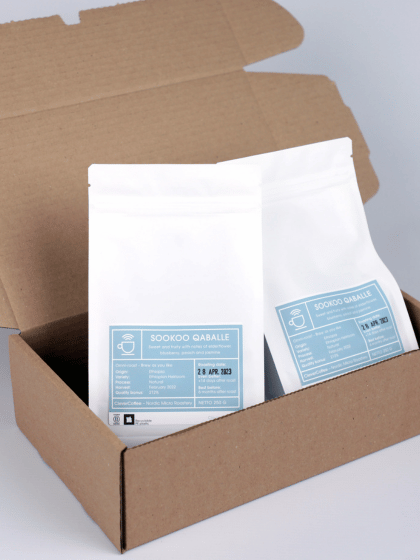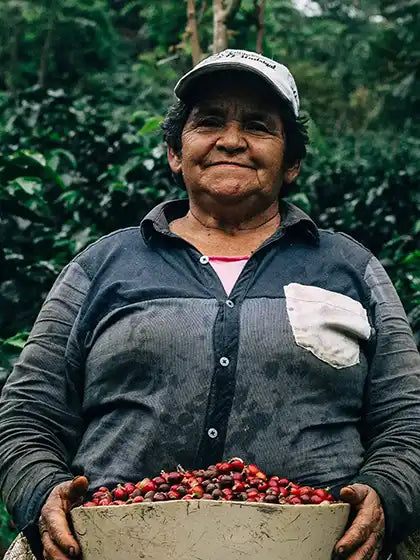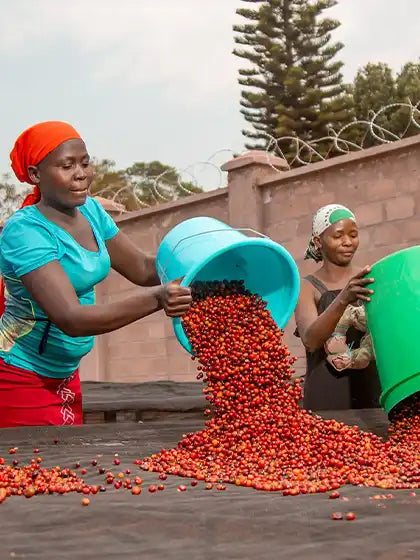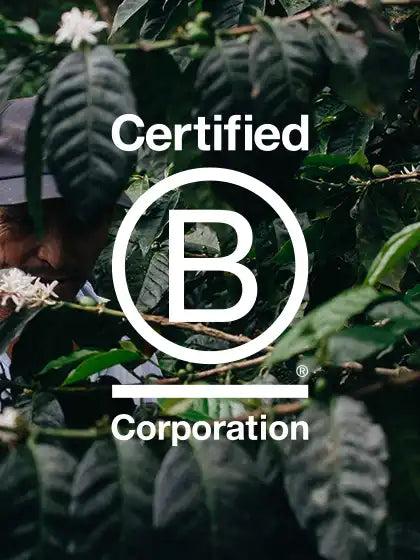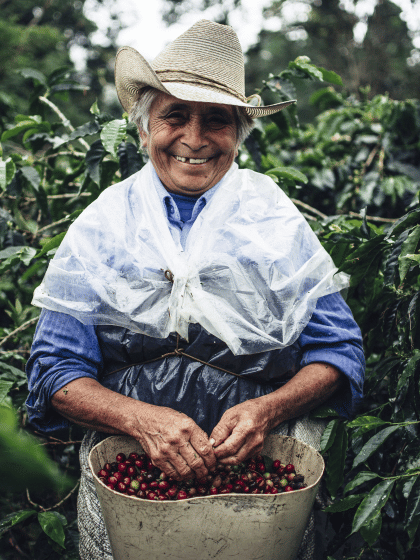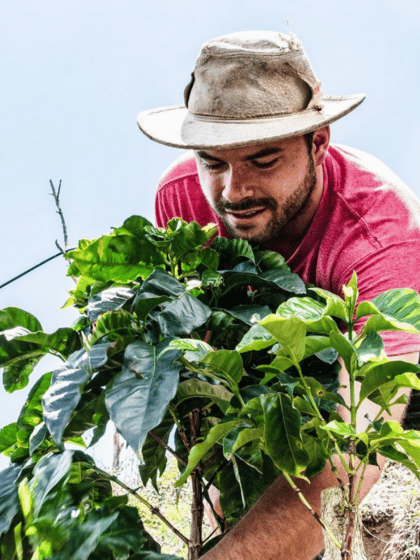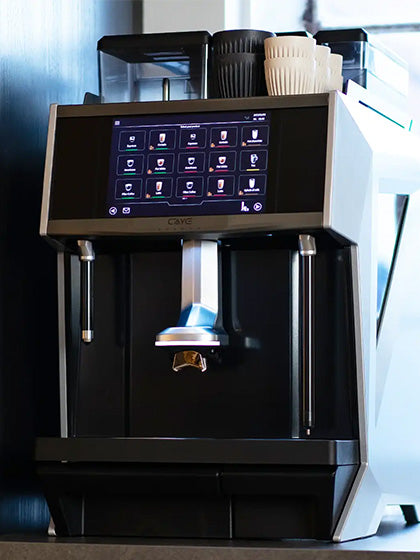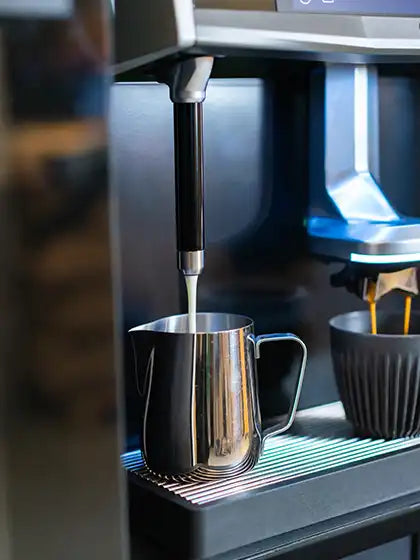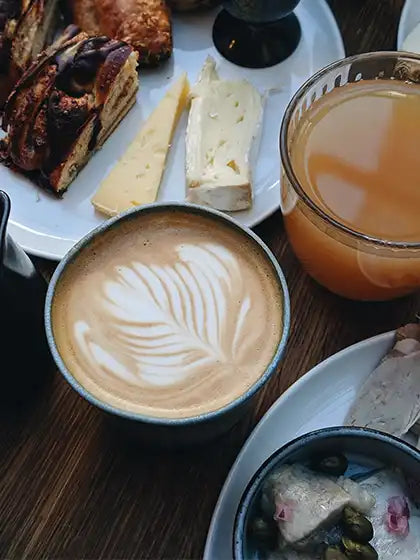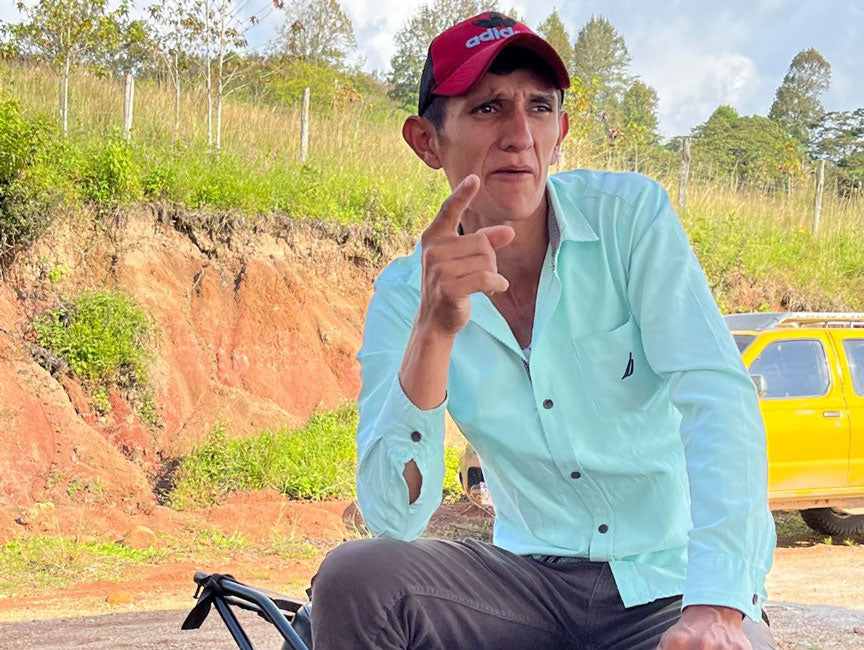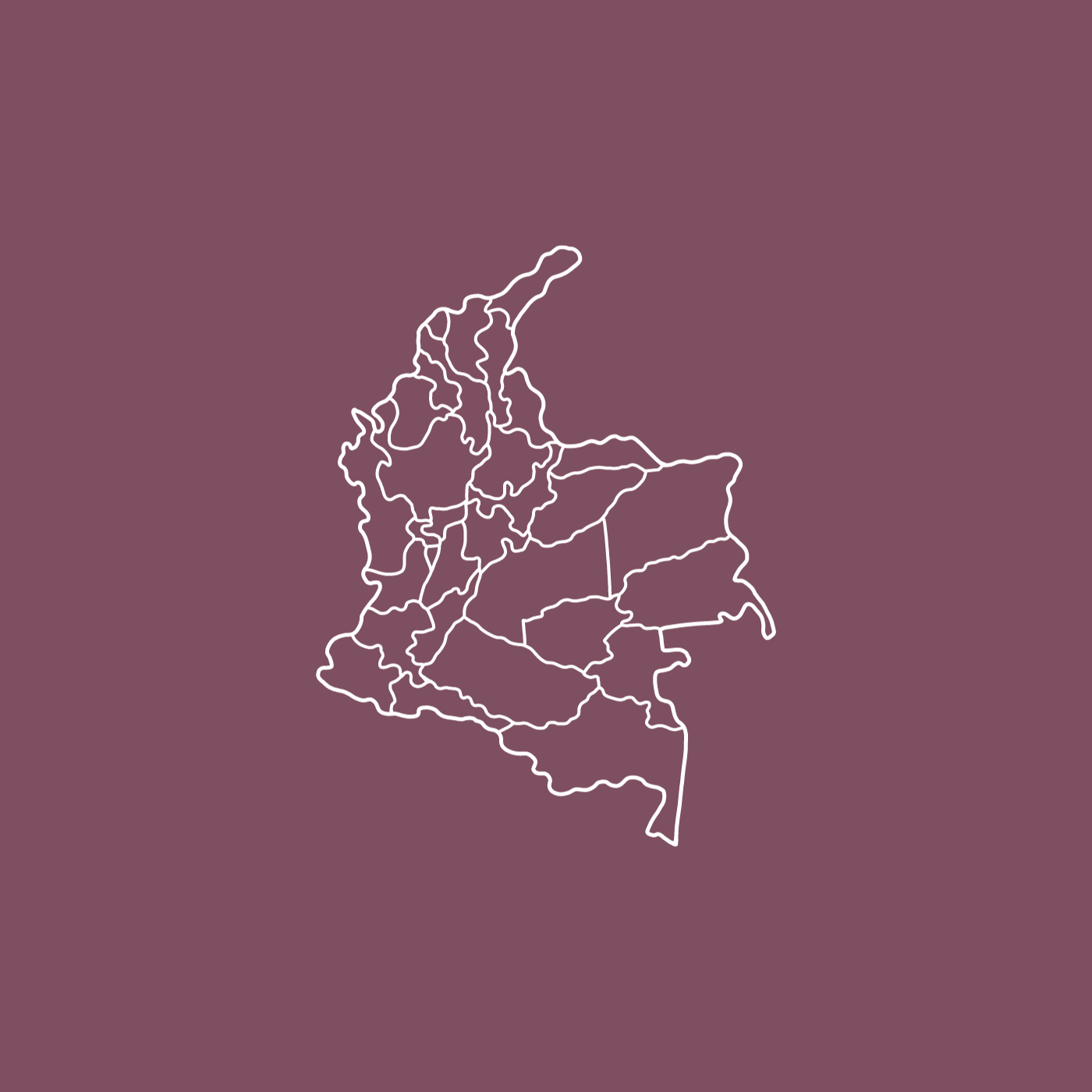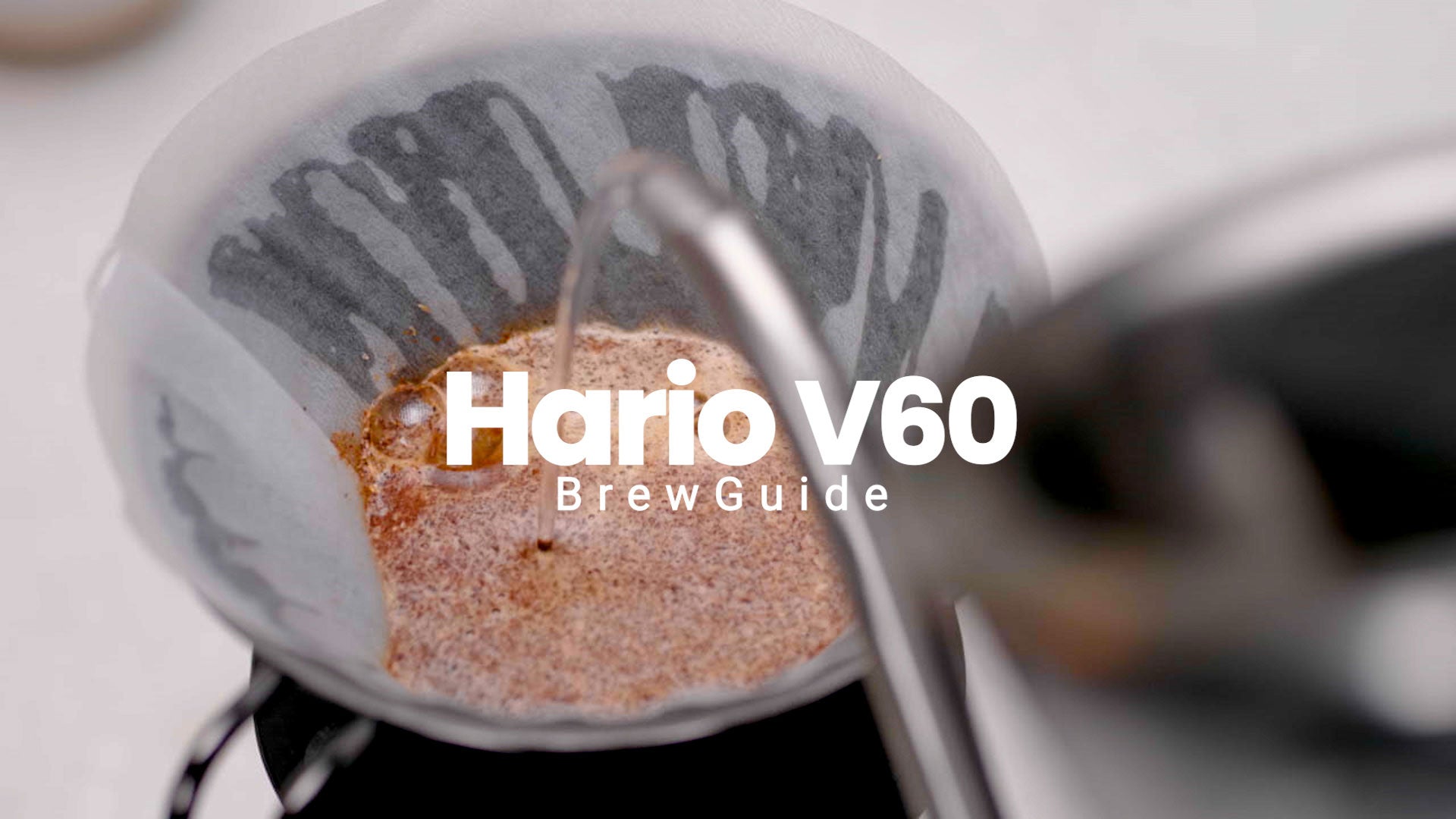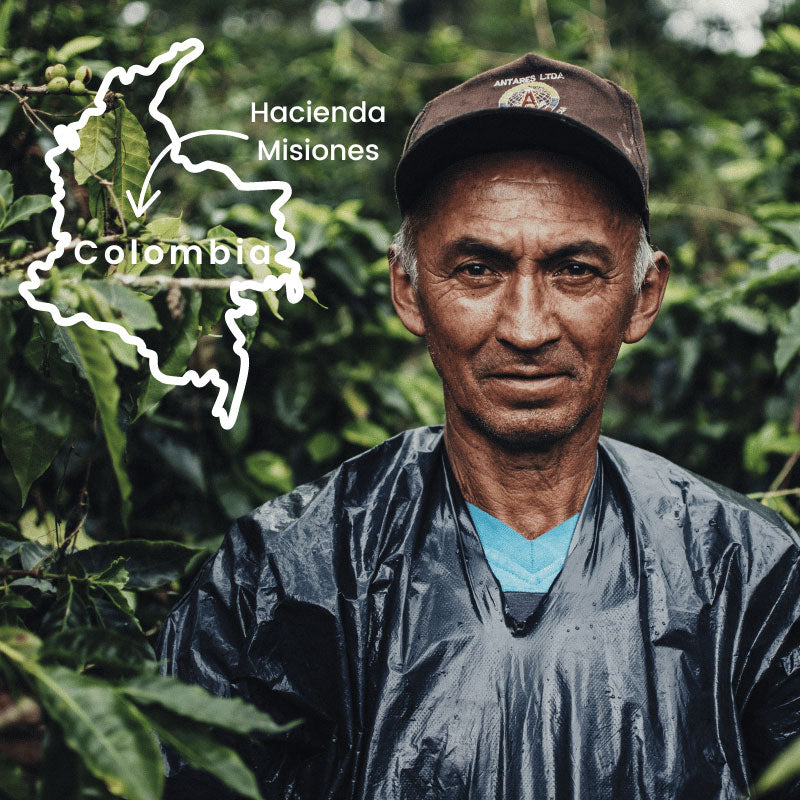
Certified Family-Owned Farm in Colombia
Ever since we met Luis Fernando Lloreda and the others from Misiones at the World of Coffee in Amsterdam 2018, they have been a close and good direct trading partner.
The farm is certified by the 4C Association as a sustainable farm. This means that they work towards improving economic, social and environmental factors in the coffee industry through more sustainable and transparent practices.
They do this, among other things, by controlling the water quality and by refraining from using pesticides or artificial fermentation.
Read more about the 4C Association and the certification here.
Responsible Measures in the Cooperative
Uncertain Times
Hacienda Misiones is owned and operated by Luis Fernando Lloreda and his family. The farm has been in his generation for decades but has at times fallen on very hard times.
In the late 1990s, guerrilla groups in Colombia were very active around Misiones because the area is good for growing coffee — and illegal crops like opium and cocaine. That activity meant it was dangerous to be in the area, and Luis had to stay away from the farm for years. Only in 2005 could he start visiting the farm and slowly build up production.
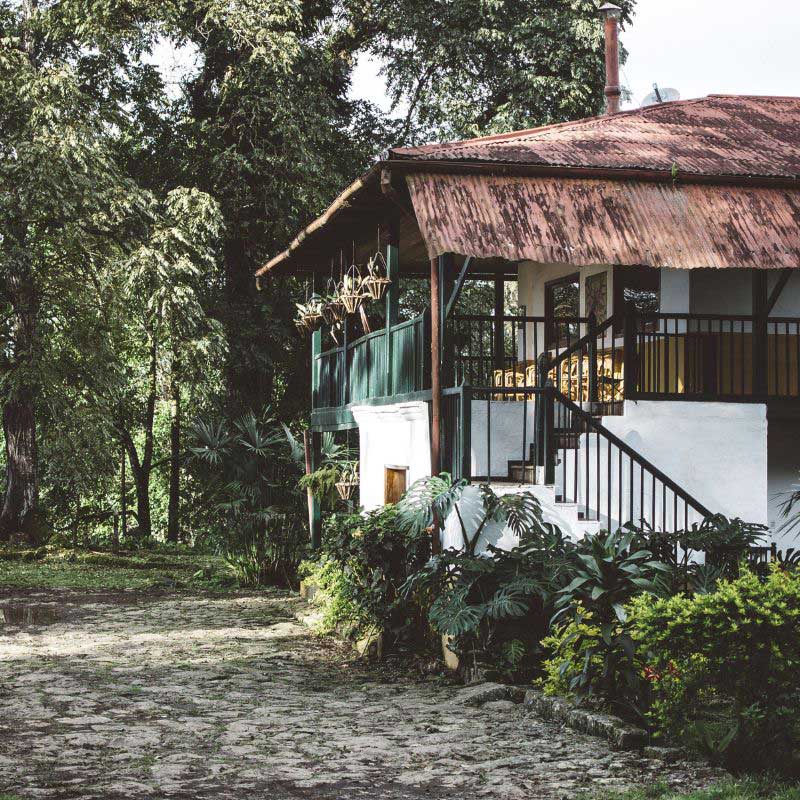
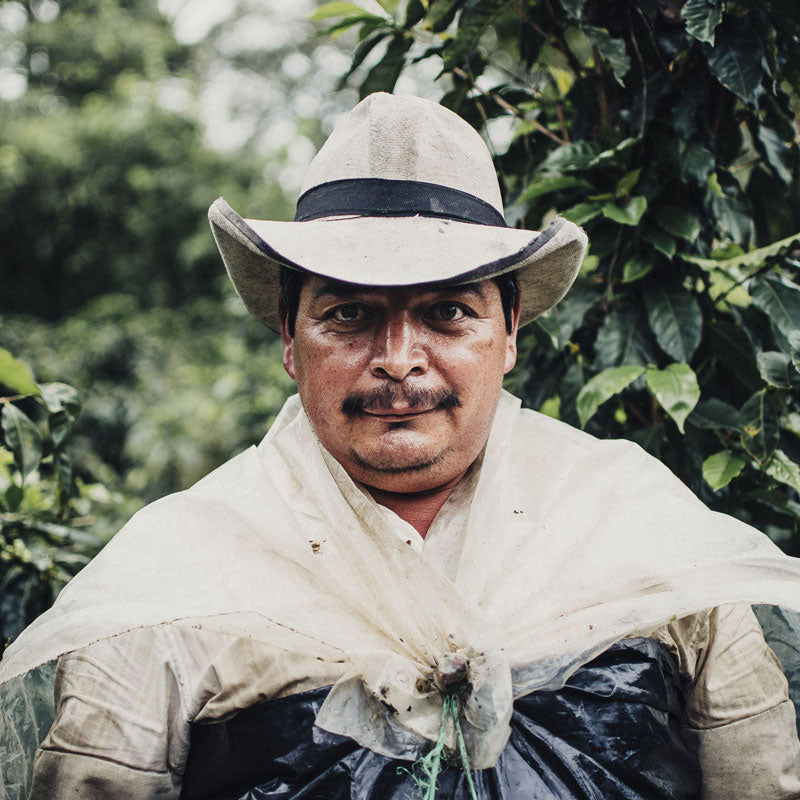
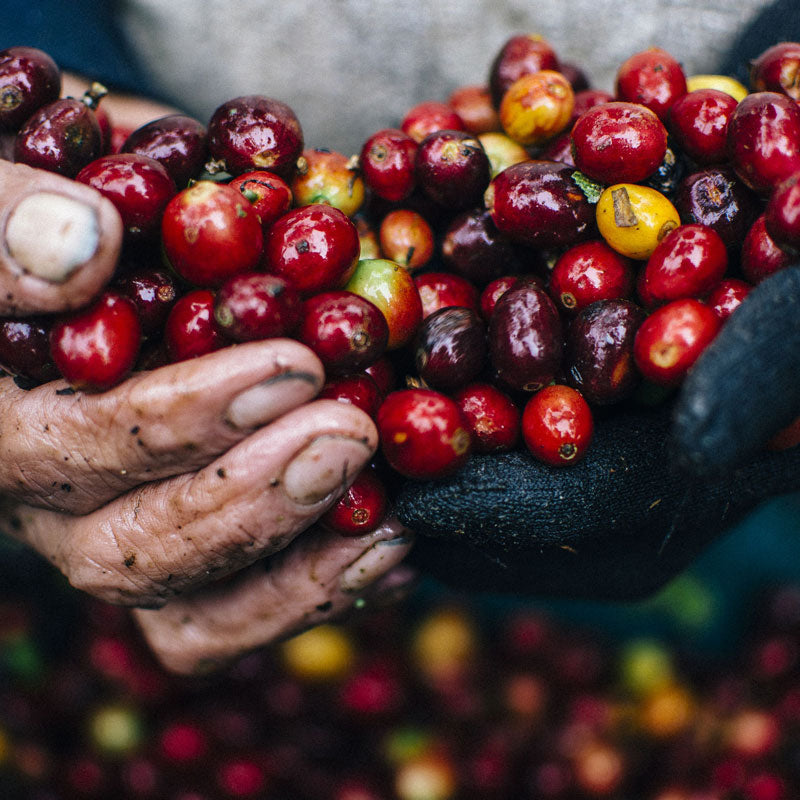
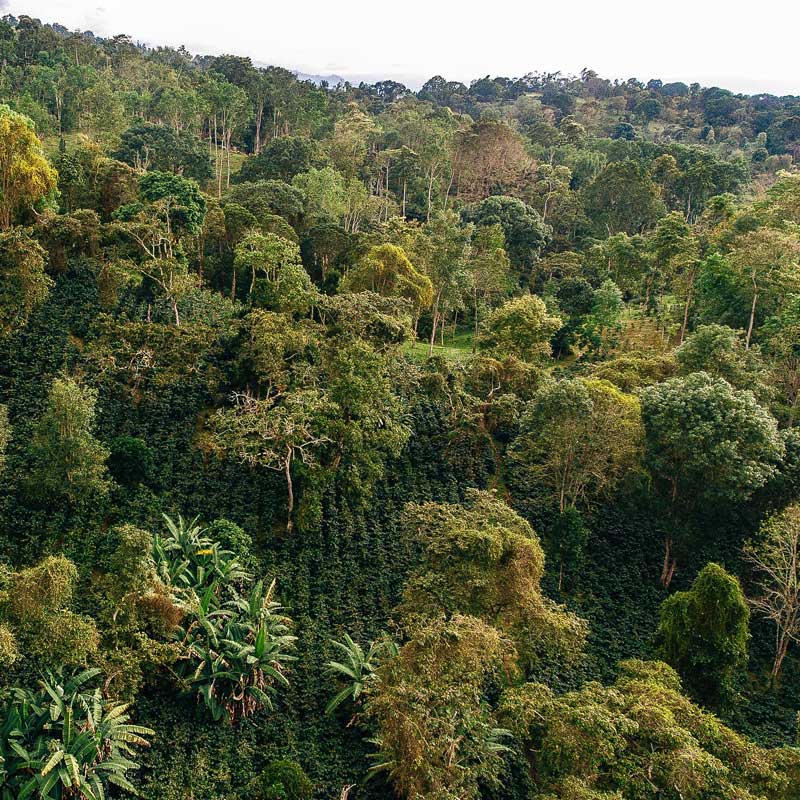
Colombian Coffee
Colombia has a rich history and a unique geographic landscape that contributes to its prominence in the specialty coffee industry, being the world's largest producer of washed Arabica coffee.
All this is due to the specific terroir of Colombia with lots of rain, which means that the coffee farms have to be creative when it comes to the drying process.

